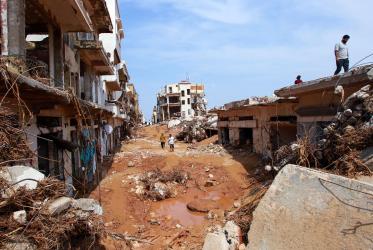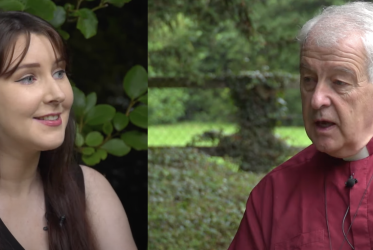Ireland
Ireland was settled by the Celts between 800 and 100 BC. From the 12th through the 18th century, England gradually imposed its rule and in 1801 a union of Ireland and Great Britain was formed. In the 1840s Ireland suffered the great famine, in which one million people died, and several millions emigrated. The struggle for Irish independence led in 1922 to the partition of the island into the Irish Free State (now the Republic of Ireland), and Northern Ireland (Ulster) that remained with Great Britain. The Irish government has been involved with Britain in the efforts to end the conflict in Northern Ireland, which resulted in the Good Friday Agreement of 1998. For most of the 20th century Ireland was struck by poverty and emigration. In 1973 it joined the European Economic Community (now the EU). In the 1990s the economy developed rapidly and the country is now among the wealthiest in Europe. Ireland was being Christianized by the 3rd century, and Irish missionaries participated in spreading the Christian faith to the European continent. During the Reformation most of Ireland remained Roman Catholic, and the Roman Catholic Church is the majority church. After the Church of Ireland (Anglican), the largest Protestant churches are the Presbyterians and the Methodists. All the churches, as well as the Irish Council of Churches, cover the Republic and Northern Ireland. The Irish Inter-Church Meeting brings together the Catholic Church and the Irish Council of Churches. The Irish churches have actively worked for peace and reconciliation in Northern Ireland.




